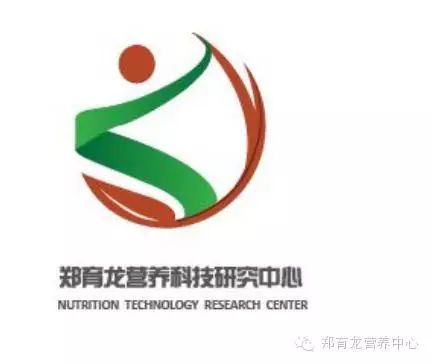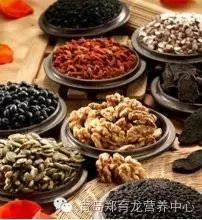In recent years, freshly ground “whole grain health powders” have become popular in the market. According to a report by the Beijing Times, some “health shops” in Beijing distribute promotional flyers recommending over 20 different packages, with powders tailored to various needs, emphasizing certain effects such as lowering the “three highs” (hypertension, hyperglycemia, and hyperlipidemia). Can dietary medicinal herbs be mixed arbitrarily? Do these so-called “health powders” really achieve the therapeutic effects they advertise?
 1: From a Nutritional Perspective, Is It True That Grinding Food into Powder Enhances Absorption?
1: From a Nutritional Perspective, Is It True That Grinding Food into Powder Enhances Absorption?
From a nutritional standpoint, each type of food has its most suitable cooking method; not all foods ground into powder are optimally absorbed.
For instance, Yi Yi Ren (Job’s Tears) contains dietary fiber and various nutrients such as vitamin B, which are most easily absorbed by the body after hydrolysis, so it is best consumed in porridge or soup. In contrast, Pu Gong Ying (Dandelion) contains certain active components that require specific extraction techniques for the body to absorb; simply grinding it into powder will not yield its effective ingredients.
Using powdered food can benefit infants with poor chewing ability and elderly individuals with diminished digestive function, but it is unnecessary for the general healthy population. If healthy individuals consume powdered food long-term, their chewing function may deteriorate, negatively impacting the effective absorption of nutrients. During normal eating, thorough chewing stimulates the secretion of digestive enzymes in the mouth, mixing food before it enters the digestive tract, which aids in the effective absorption of nutrients once in the gastrointestinal tract. However, various “health powders” mixed with hot water become paste-like and can be swallowed without much chewing, lacking contact with digestive enzymes in the mouth, which may affect nutrient absorption.
2: Can Arbitrary Combinations of Dietary Medicinal Herbs Cause Adverse Effects?
Some foods that share medicinal and dietary properties have different effects depending on whether they are raw or cooked. Dietary therapy with medicinal herbs should be based on their properties, scientifically combined, and rationally matched, while also considering individual differences based on constitution, location, and timing. If medicinal herbs are ground into powder and added to health powders, incorrect choices for different constitutions may backfire, potentially causing discomfort.
A one-size-fits-all approach is not advisable, and the same applies to health powders; each person’s constitution varies in terms of cold and heat, and age differences necessitate individualized choices for health powders. It is recommended not to add medicinal herbs casually when processing health powders, and if necessary, to follow the advice of a TCM practitioner.
3: Is It Acceptable to Use Health Powders as Meal Replacements?
This practice is not advisable. Health powders are merely a type of health food and should never replace staple foods. Due to the fast pace of work and life, it may be acceptable to occasionally “cut corners” with such foods for a change. However, if healthy individuals rely on them as breakfast or consume them in large quantities for a supposed “therapeutic effect,” it can be detrimental to health.
 “Focus, Professionalism, Dedication, Nutritional Health Education“
“Focus, Professionalism, Dedication, Nutritional Health Education“
 For more exciting content, please follow the QR code
For more exciting content, please follow the QR code

